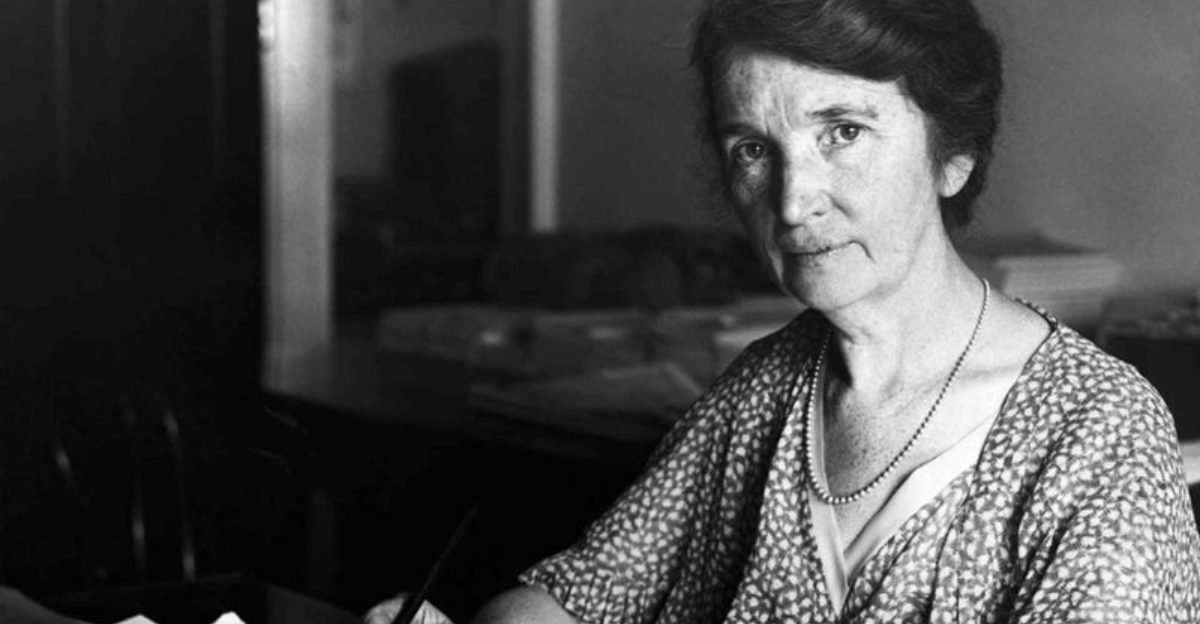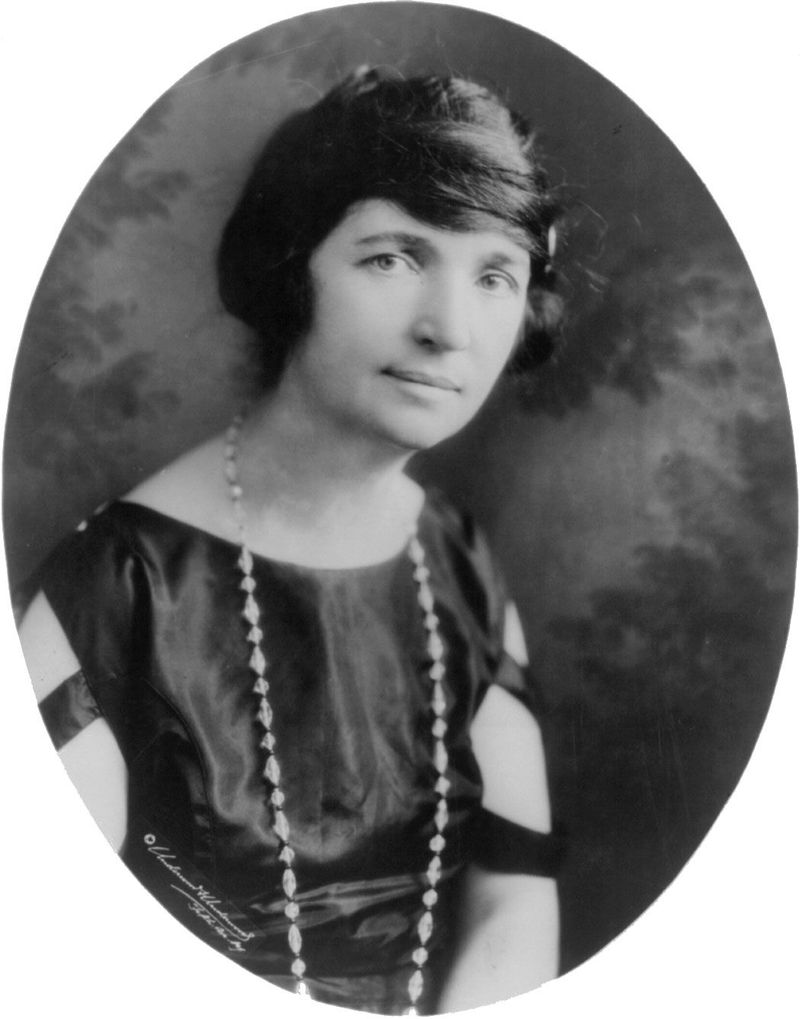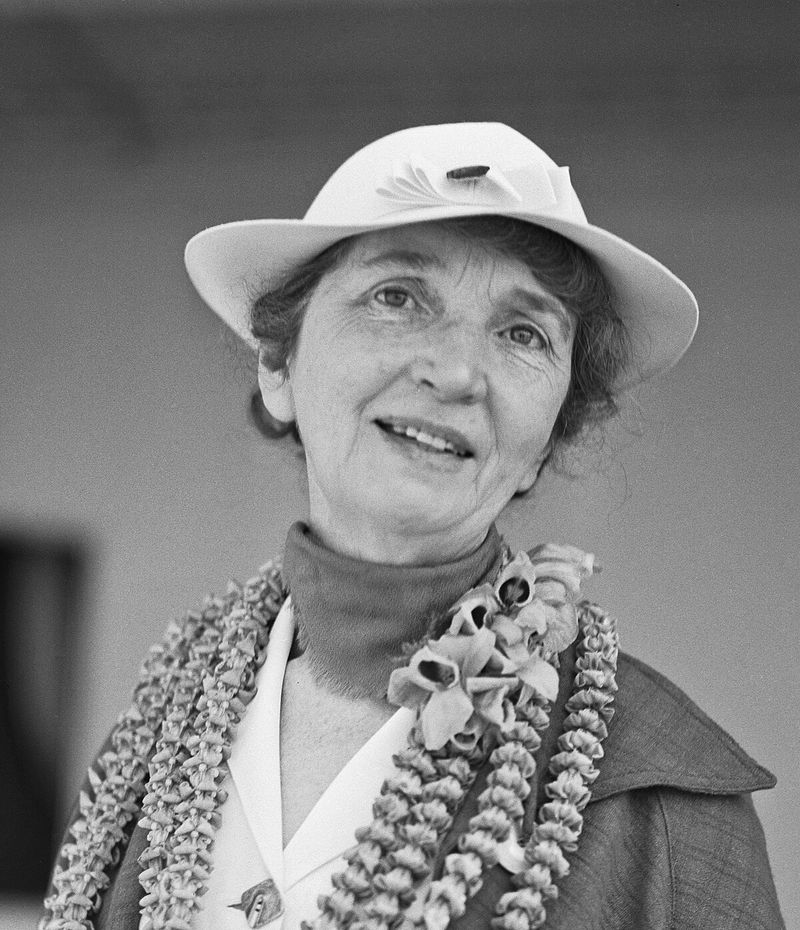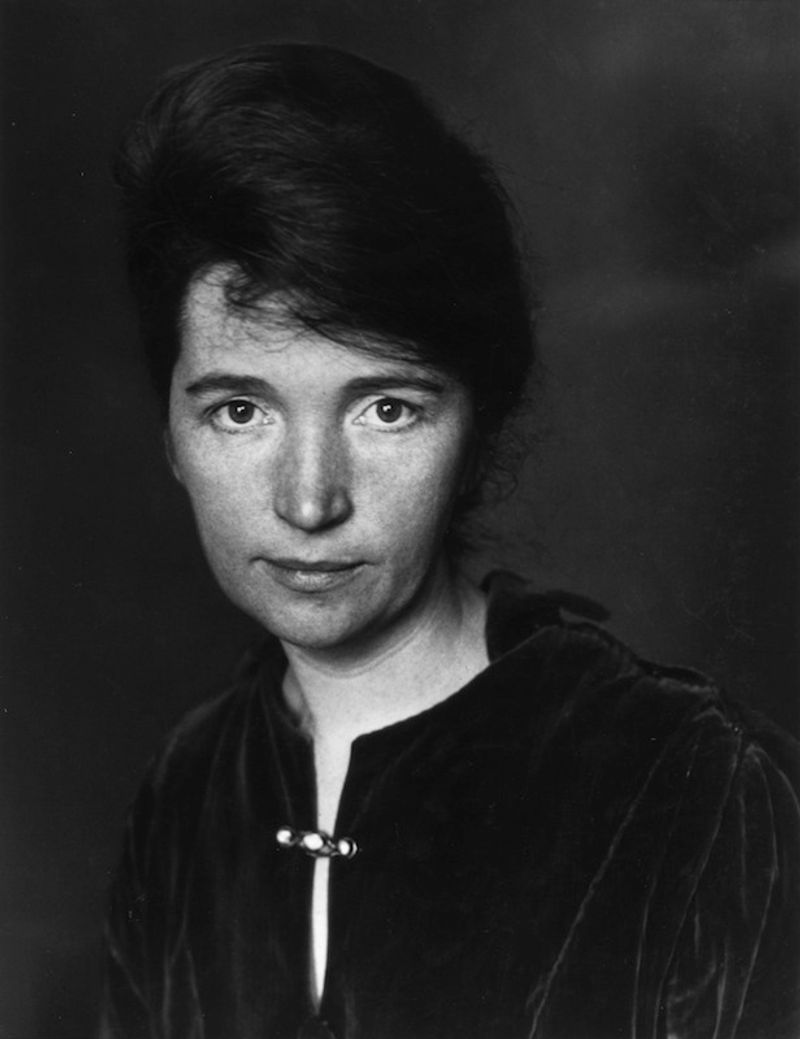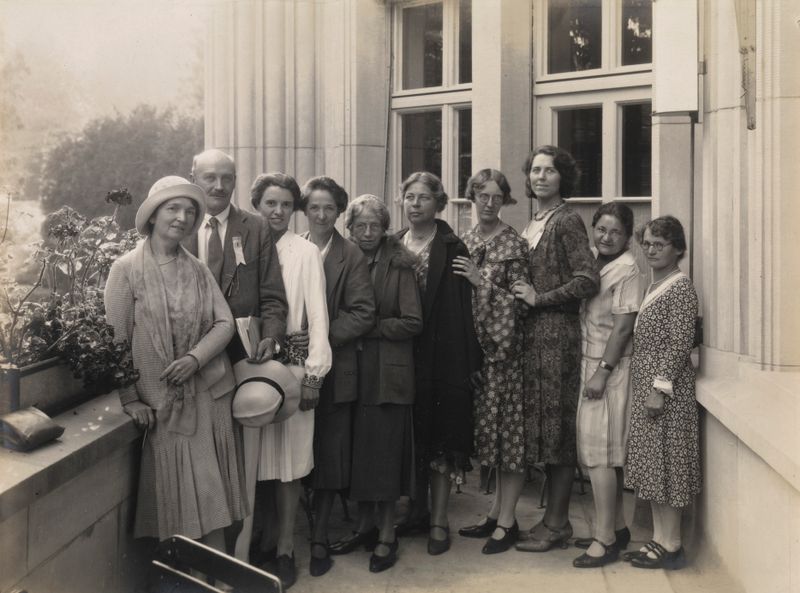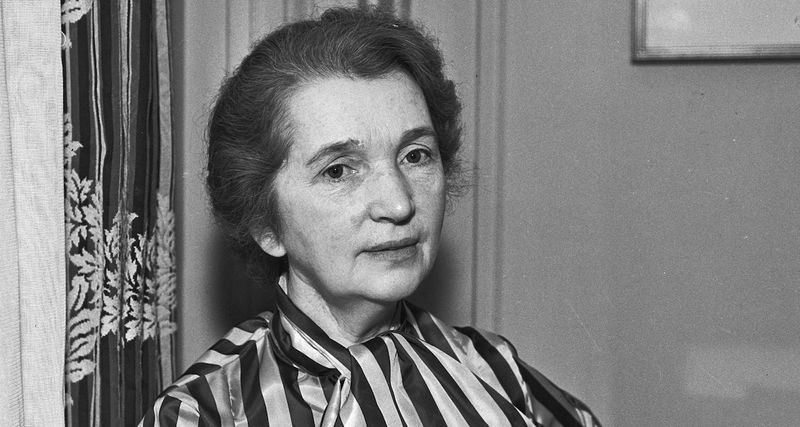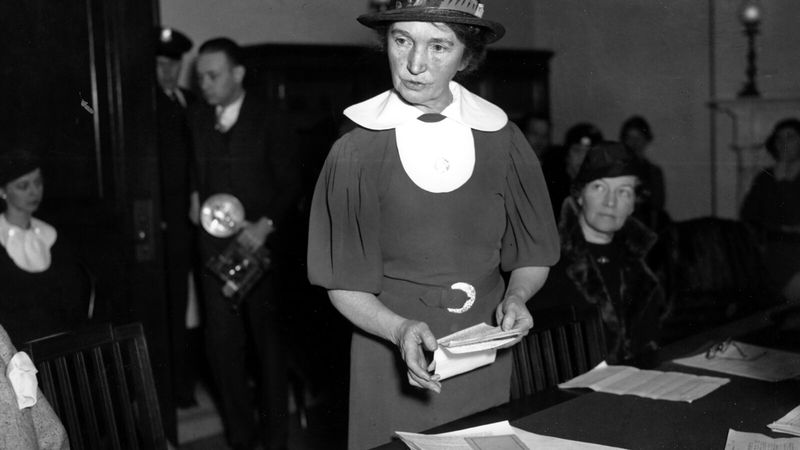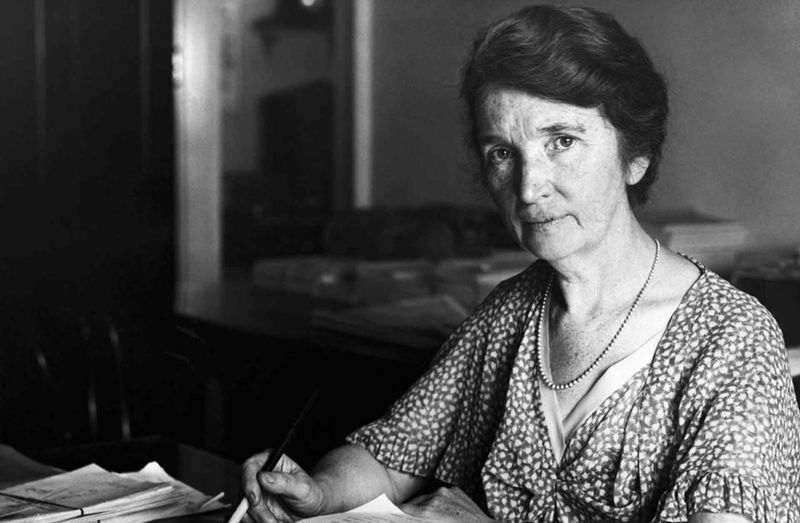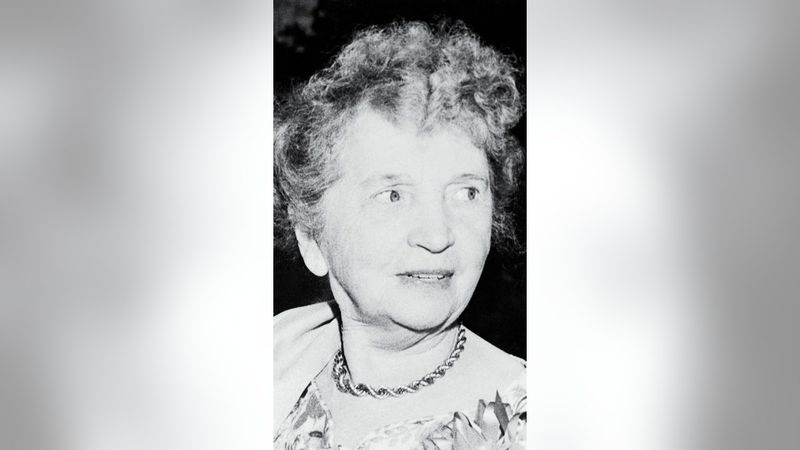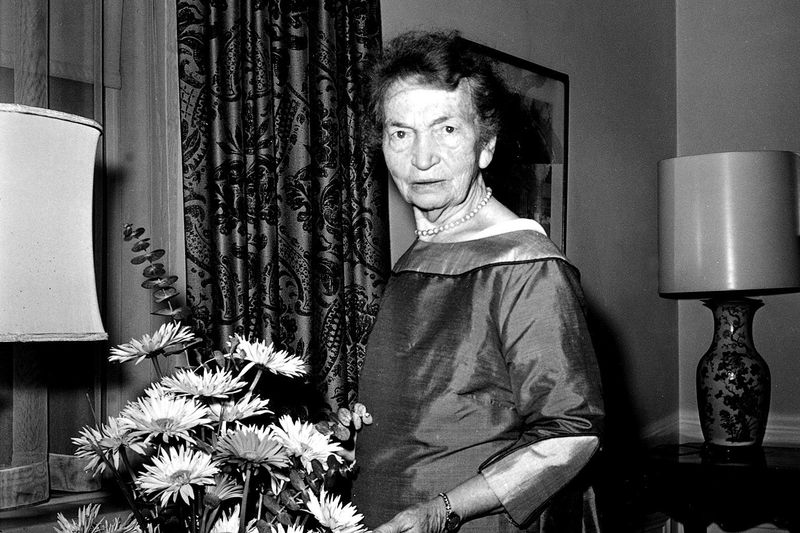Margaret Sanger was a pivotal figure in the history of reproductive rights and birth control advocacy. Her complex legacy intertwines groundbreaking contributions to women’s rights with controversial affiliations to the eugenics movement. This blog post delves into ten facts about Sanger’s life, exploring both her accomplishments and the contentious aspects of her ideologies.
1. She Founded Planned Parenthood (Originally the “American Birth Control League”)
Margaret Sanger’s determination to revolutionize women’s reproductive rights led her to establish the first birth control clinic in Brooklyn in 1916. At the time, sharing contraceptive information was illegal, yet Sanger boldly defied laws to provide critical resources. This initial effort eventually evolved into the American Birth Control League. In 1942, it was rebranded as Planned Parenthood, which has grown into a global health provider. Her unwavering resolve laid the groundwork for significant advancements in women’s autonomy over their bodies.
2. She Was Arrested for Distributing Contraception
In the early 20th century, the Comstock Laws made it illegal to distribute contraceptive information. Margaret Sanger faced arrest for her defiant actions in sharing birth control literature. Her passion for women’s rights took her to Europe to avoid imprisonment, but she soon returned. Undeterred by legal threats, Sanger continued her campaign to legalize contraception. Her steadfast dedication eventually contributed to the relaxation of these laws, paving the way for broader reproductive freedoms.
3. She Advocated for Women’s Reproductive Rights
Margaret Sanger fervently believed that access to birth control was essential for women’s empowerment and the alleviation of poverty. Her advocacy was instrumental in shifting public perceptions and policies. Sanger’s tireless efforts laid the foundation for landmark rulings, such as the legalization of contraception in 1965 and the Roe v. Wade decision in 1973. Her work was fundamental in shaping a future where women could have greater control over their reproductive choices, influencing generations to come.
4. But She Also Supported Eugenics
Margaret Sanger’s legacy is marred by her support for eugenics, a belief in improving society through selective breeding. In the 1920s, she spoke at events, including a Ku Klux Klan rally, highlighting her controversial stance. Sanger advocated for sterilization programs aimed at the so-called “unfit,” reflecting widespread sentiments of her era. Despite her significant contributions to reproductive rights, her association with eugenics remains a divisive topic in evaluating her impact on society.
5. She Had Ties to the Eugenics Movement
Margaret Sanger’s involvement with the eugenics movement extended to her editorial role in the Birth Control Review, which published eugenicist articles. Her support for forced sterilization legislation further cemented these ties. These laws disproportionately targeted marginalized groups, including the disabled and minority populations. While her efforts in birth control advocacy advanced women’s rights, her eugenics affiliations complicate her legacy, provoking ongoing debates about her true motivations and ethical standpoint.
6. She Promoted Birth Control as Population Control
Margaret Sanger viewed birth control as a tool for population management, particularly among immigrants and Black communities. Although she distanced herself from radical eugenics views later in life, her earlier positions remain controversial. By advocating contraception as a means to curb ‘undesirable’ births, her stance fueled debates on racial and social justice. Her complex legacy illustrates the intersection of reproductive rights and the ethical implications of controlling population growth.
7. The “Negro Project” Controversy
In 1939, Margaret Sanger launched the “Negro Project,” aimed at providing birth control access to Black communities. While some view this as a positive step towards healthcare accessibility, critics argue it was rooted in racist eugenics. The project sparked intense debate about Sanger’s intentions, questioning whether her efforts were genuinely altruistic or part of a broader agenda. This initiative highlights the complexity of her work and the challenges in balancing public health with ethical considerations.
8. She Inspired the First Birth Control Pill
Margaret Sanger’s vision for women’s control over their reproduction inspired significant scientific advancements, including the development of the first birth control pill. She provided essential funding for research that led to the Pill’s approval in 1960. This breakthrough revolutionized women’s autonomy, offering unprecedented freedom in family planning. Sanger’s foresight and advocacy played a pivotal role in bringing about this medical innovation, marking a new era in reproductive healthcare and women’s rights.
9. Planned Parenthood Has Distanced Itself From Her Eugenics Views
Planned Parenthood today acknowledges Margaret Sanger’s contributions to healthcare but distances itself from her eugenics beliefs. The organization focuses on providing essential reproductive health services while addressing the complex aspects of its founder’s ideology. Some clinics have removed her name from awards and buildings, reflecting an effort to reconcile with her controversial legacy. By recognizing both her achievements and faults, Planned Parenthood seeks to continue advancing reproductive rights without the taint of past eugenics affiliations.
10. Her Legacy Is Still Debated Today
Margaret Sanger remains a polarizing figure, with supporters praising her role in advancing women’s reproductive rights and critics scrutinizing her eugenics associations. Her pioneering work laid the foundation for significant legal and societal changes. However, the ethical implications of her eugenics views fuel ongoing debates. As society continues to grapple with these complex issues, Sanger’s legacy serves as a reminder of progress and the importance of critically examining historical figures within their cultural contexts.
